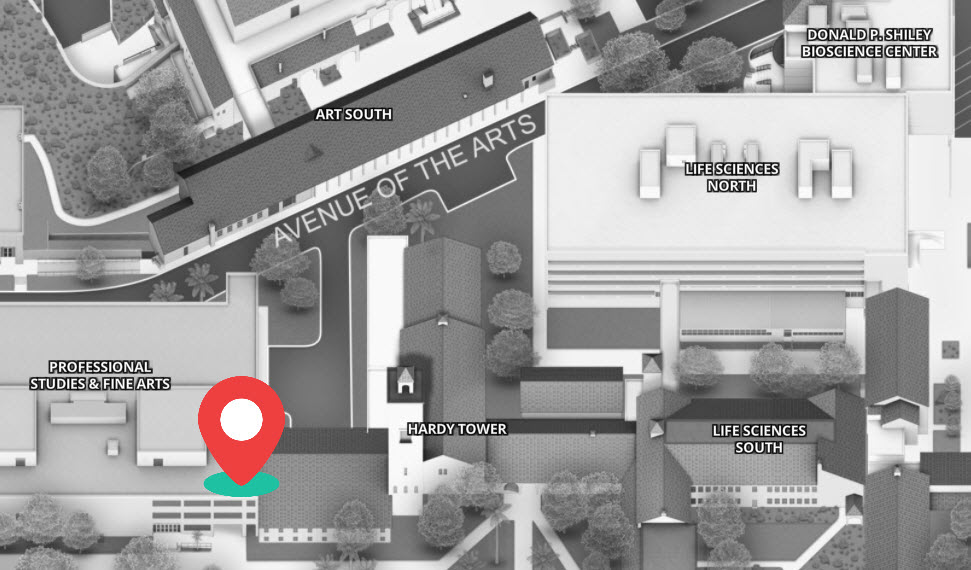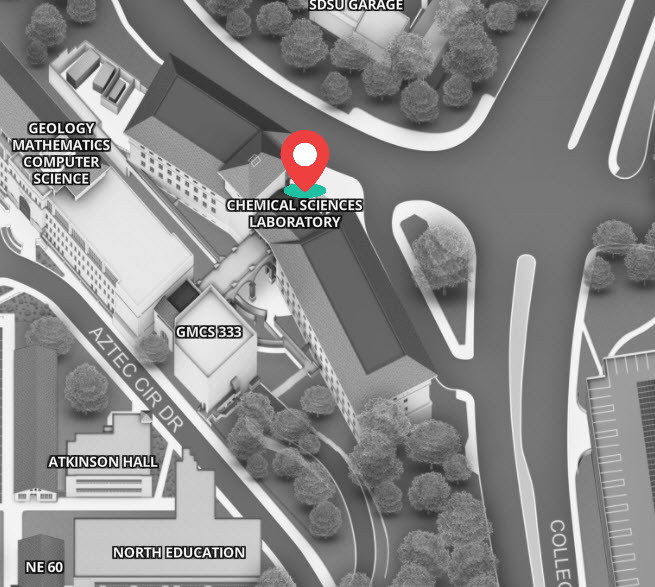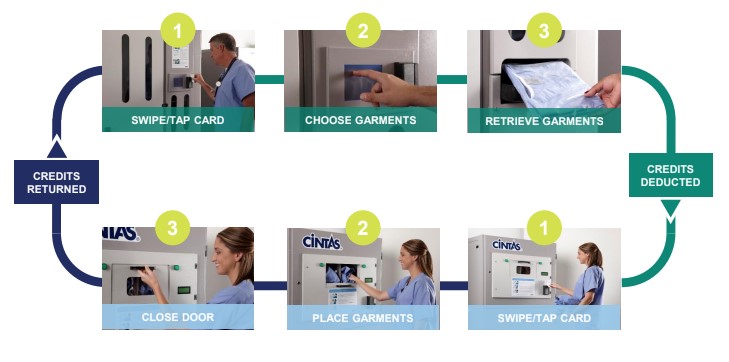Environment, Health and Safety
- Biological Safety
- Chemical Safety
- Radiation Safety
- Field Research Safety
- Laser Safety
- Hazardous Waste
- Animal Research Safety
- Controlled Substances
- Occupational Health for Researchers
- Safety for Student Organizations
- Safe Lab Program
- General Lab Safety Manual
- Researcher On-Boarding Guidance
- Lab Coat Program
Lab Coat Program
The College of Sciences is partnering with Environmental Health and Safety to pilot a lab coat program to provide College of Sciences faculty, staff, and researchers with clean lab coats. The program is scheduled to start on Monday, December 18, 2023.
Appropriate Personal Protection Equipment, including but not limited to lab coats, must be worn in research labs where chemicals, unsealed radioactive materials, or biological materials are being handled. Research labs within the College of Sciences where chemical, radioactive, or biological hazards exist are eligible for the lab coat program.
Who is eligible for a lab coat?
To be eligible for a lab coat, individuals must:
- Be listed as a lab member in BioRAFT within the College of Sciences
- Be assigned job activities associated with working in a wet lab and/or with hazardous materials.
- Complete all required safety training associated with their job activities
When to wear a lab coat:
Lab workers must, at a minimum, wear lab coats and safety glasses while in a lab where chemicals, unsealed radioactive materials, or biological materials are being handled.
Lab coats should not be worn outside of the lab. Lab coats should never be taken home.
Two types of lab coats are available. Standard white lab coats are appropriate for most research applications. FR (Flame resistant) lab coats are required when working with pyrophoric or reactive chemicals.
How to get a lab coat:
Eligible individuals can register for a lab coat using the Lab Coat Registration Form. Registrants will receive an email when they have been approved. Please allow 24 hours after registration for approval.
Lab coat vending machines and return units will be placed in the following locations:
- PSFA/Hardy Tower breezeway
- This location will hold standard white coats only

- CSL, 3rd floor breezeway
- This location will hold standard white coats and FR lab coats

Return units will accept both types of lab coats.
Specific instructions will be provided once the units have been installed on campus.
In general, eligible and registered individuals will receive one credit for a lab
coat on their SDSUcard.
- To receive a lab coat, individuals will swipe their SDSUcard on the dispensing unit. They will enter their desired size and coat type (if applicable). The vending machine will dispense the desired coat.
- To return a lab coat, individuals will swipe their SDSUcard on the return unit. Once the return hatch has opened, they will place the coat in the return unit. The machine will verify that a coat was received and a credit will be issued to the individual’s SDSUcard. The individual can immediately receive a new, clean coat at any dispensing unit.

Frequently Asked Questions
Q: How often can I exchange my lab coat?
A: You can exchange your lab coat as frequently as needed.
Q: I am a Principal Investigator with guests visiting my lab for a tour. Can temporary
lab coats be provided?
A: Yes, please contact [email protected] to arrange for additional credits to be added to your SDSUcard. Please be sure to
return the lab coats at the end of the visit.
Q: I already have a lab coat. Can I use this program to launder my own lab coat?
A: No. Personal lab coats cannot be laundered under this program.
Q: I have lost the lab coat that I checked out. How can I get a replacement lab coat?
A: Please email [email protected] to report a lost lab coat.
Q: I am an undergraduate and not associated with a research lab. Can I get a lab coat
to wear for my instructional labs?
A: Unfortunately, this pilot program is not available for instructional labs. Students
can purchase lab coats for instructional labs from the SDSU Bookstore.
For more information, please contact [email protected]
This pilot program is being launched by the College of Sciences and Environmental Health and Safety. If you are interested in this program, but you are not a member of the College of Sciences, please contact [email protected].